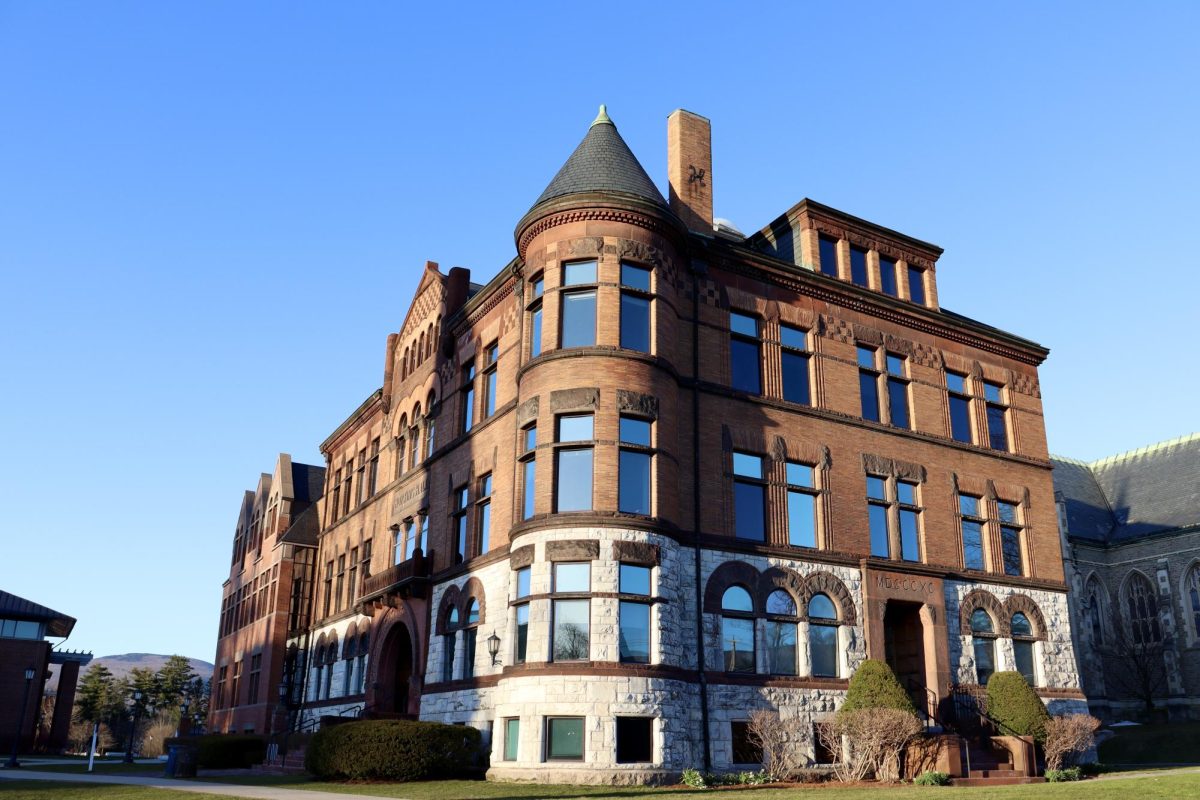Dean of the College Gretchen Long, Director of International Student Services (ISS) Ninah Pretto, and Assistant Director of ISS Mariia Smirnova advised international students to return to the United States from any international travel before Jan. 19, 2025 to mitigate potential barriers to re-entry. The advice, sent in an email on Dec. 6 to international students who intended to spend Winter Study abroad, comes as the College prepares for President-elect Donald Trump’s inauguration on Jan. 20 and the potential impact of his plans to limit immigration.
The email also recommended that international students remain in the United States until the end of the spring semester, advising against travel outside of the country during Dead Week and spring break.
“Based on President Trump’s actions during his first term and his comments during the 2024 campaign, he intends to make significant changes to American border policies soon after taking office,” Long, Pretto, and Smirnova wrote in their email. “Some of the proposed changes might affect visa processing, travel protocols or immigration in ways that could hamper return to the U.S. by foreign travelers.”
While Pretto does not anticipate that Trump will immediately target the F-1 student visa program, she still urges caution for international students, she wrote in an email to the Record. F-1 visas allow nonimmigrant international students to study full-time at an accredited college or university in the U.S. Trump has not explicitly threatened the F-1 program — the College’s primary means of hosting international students — as part of his promise to “seal the border.” He has, however, suggested that he might target the visas of international students involved in campus protests.
The College is one of many institutions of higher education taking precautions to protect international students before Trump is sworn in. Harvard, USC, and Wesleyan have issued similar notices to their students.
Colleges and universities across the country felt the effects of Trump’s first-term immigration policy. The travel ban implemented in January 2017, for example, banned immigrant and nonimmigrant visitors from Iran, Iraq, Libya, Somalia, Sudan, Syria, and Yemen, creating restrictions on travel for 17,000 international students at U.S. colleges and universities, according to Inside Higher Ed.
While the details of future travel bans are uncertain, some schools like Cornell have provided warnings informed by the content of the 2017 travel ban. Cornell’s Office of Global Learning advised students that Trump would likely enact a travel ban affecting the same countries banned in 2017, with the potential additions of China and India.
Williams, on the other hand, has not issued a warning about specific countries. “ISS felt it was important to communicate a message to all international students planning to travel outside the U.S. during Winter Study,” Pretto wrote. “While the president-elect may have previously targeted specific regions or groups, immigration and travel policies can shift unpredictably, including delays in visa renewal, entry bans, or heightened border security. Broad communication helps ensure all international students are informed and prepared, regardless of their country of citizenship.”
ISS will continue to monitor immigration policy through sources such as the U.S. Department of Homeland Security, the Department of State, the Association of International Educators, and immigration law firm Iandoli Desai & Cronin P.C., Pretto wrote.
“ISS wants to do their best [to anticipate] challenges, minimize disruptions, and ensure all students navigating the U.S. immigration system have clear pathways to continue their education despite the evolving immigration landscape,” she added.















